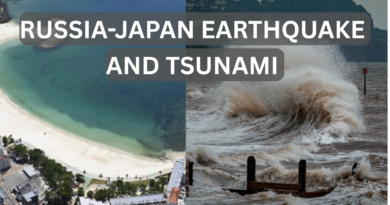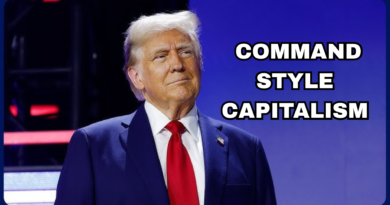Trump’s Trade Tensions Escalate Globally
U.S. President Donald Trump has reignited global trade tensions by sending formal tariff-warning letters to over 20 countries, including key allies and trading partners such as Japan, Brazil, Canada, and Mexico. These letters warn that unless bilateral or regional trade agreements are reached by August 1, punitive tariffs will be imposed on a wide range of goods. The announcement, which has rattled financial markets, marks a significant escalation in Trump’s protectionist agenda, already known for its aggressive stance on trade imbalances.
The White House clarified that the move is aimed at “securing fair and reciprocal trade relationships” while protecting American industries from what it describes as “decades of exploitation.” However, critics argue that this strategy could backfire by straining diplomatic ties and inviting retaliatory tariffs, further destabilizing global supply chains. The administration is particularly targeting sectors such as automotive, steel, agriculture, and electronics, where trade deficits are perceived to be the most severe.
This new wave of threats comes at a time when several countries are already engaged in delicate economic recovery efforts post-pandemic and amid inflationary pressures. Canada and Mexico America’s neighbors and USMCA partners have voiced concerns about the unilateral nature of these actions. Brazil’s foreign ministry has issued a statement saying it is “evaluating all possible responses,” while Japan’s government warned the U.S. against undermining long-standing partnerships through coercive economic measures.
Financial markets responded with immediate volatility. The Dow Jones Industrial Average and global stock indices saw sharp dips after the announcement, as investors feared a potential domino effect of retaliatory measures. The agriculture and manufacturing sectors—both heavily reliant on exports—also reported concerns from stakeholders about possible disruptions and cost increases if the threatened tariffs are enforced.
Analysts believe this strategy is politically timed, aiming to bolster Trump’s 2025 re-election campaign by appealing to his base with a tough-on-trade image. The administration has branded the initiative “America First 2.0,” signaling a renewed push for trade nationalism. Yet economists warn that such an approach could reduce American competitiveness in global markets, harm domestic consumers through price hikes, and isolate the U.S. from multilateral trade frameworks.
As the August 1 deadline looms, diplomatic channels are expected to be busy with emergency negotiations. Whether these threats materialize into policy or serve as leverage remains to be seen. However, one thing is clear: Trump’s trade tactics are once again putting the global economy on edge, raising questions about the future of international trade cooperation in an increasingly fragmented world.




